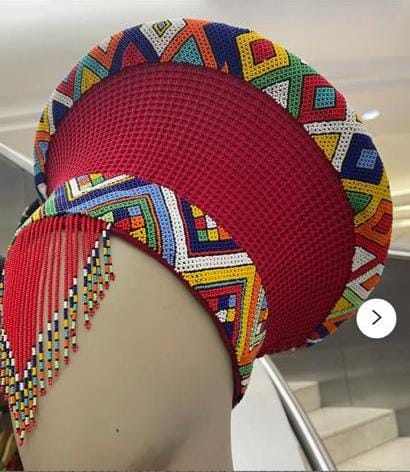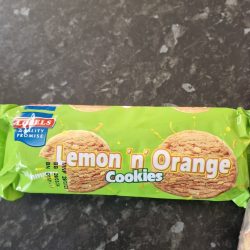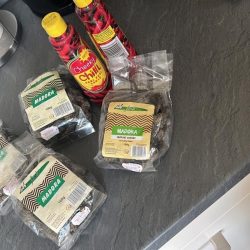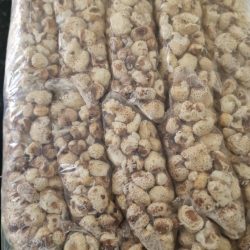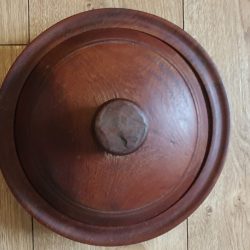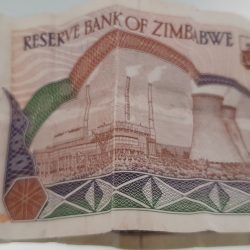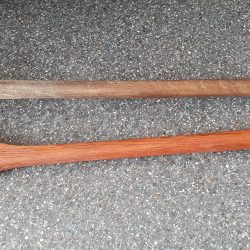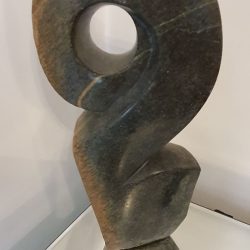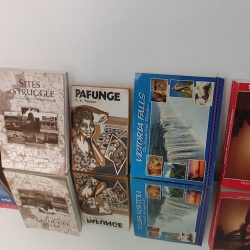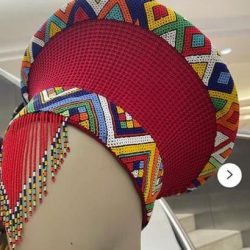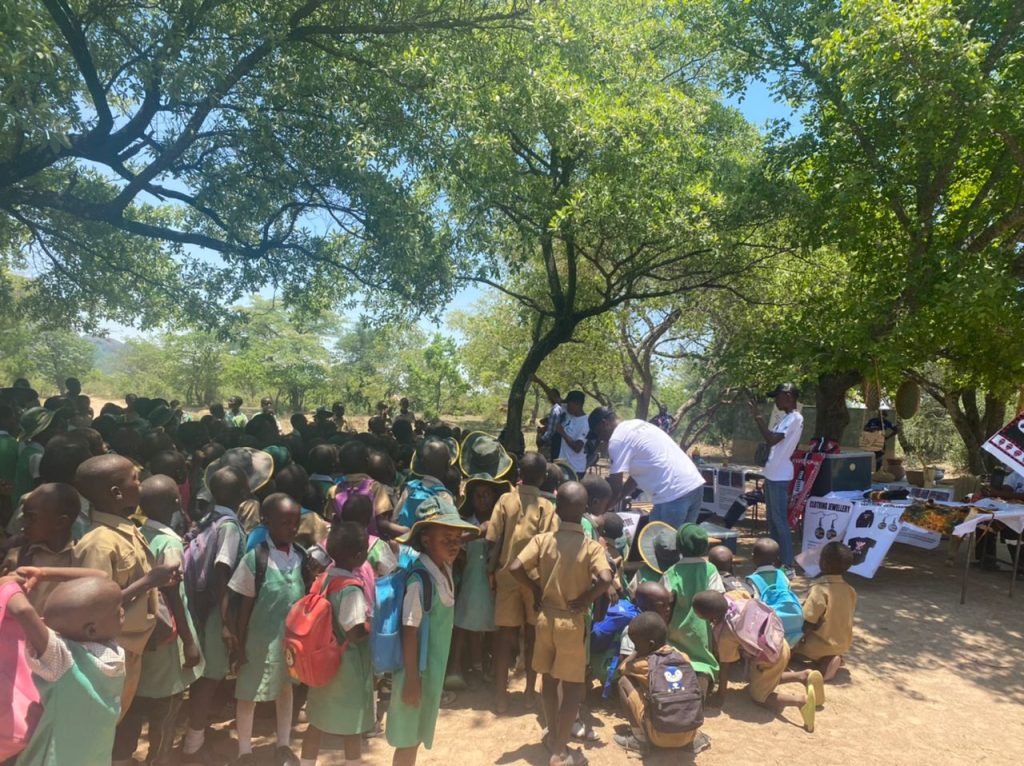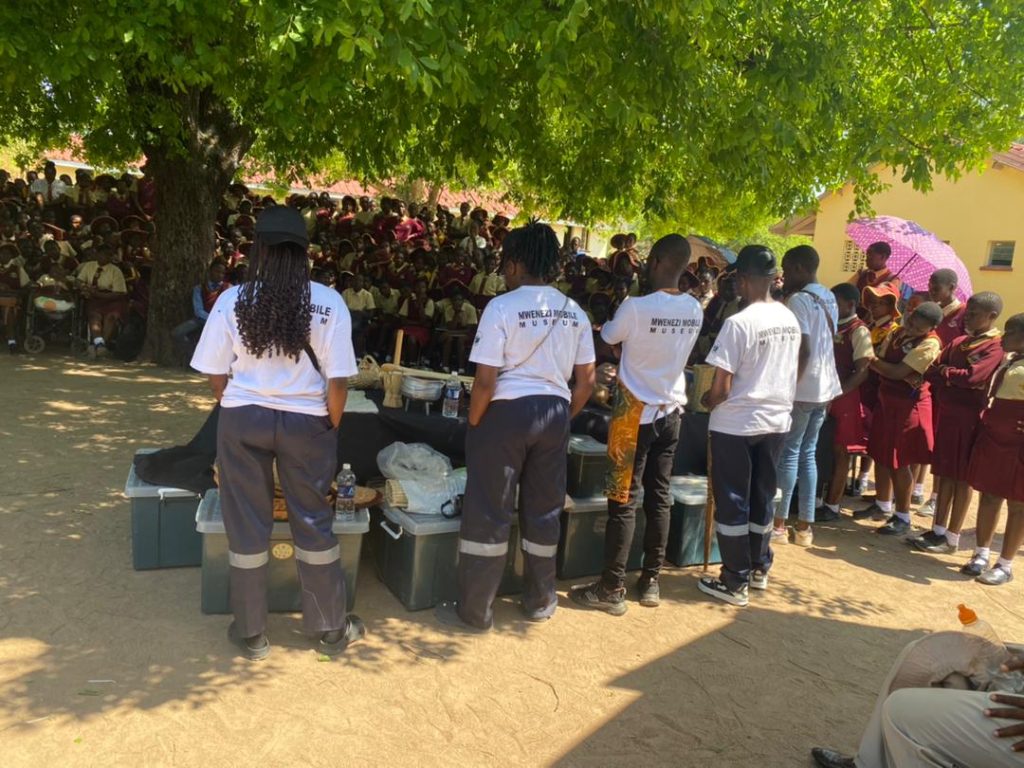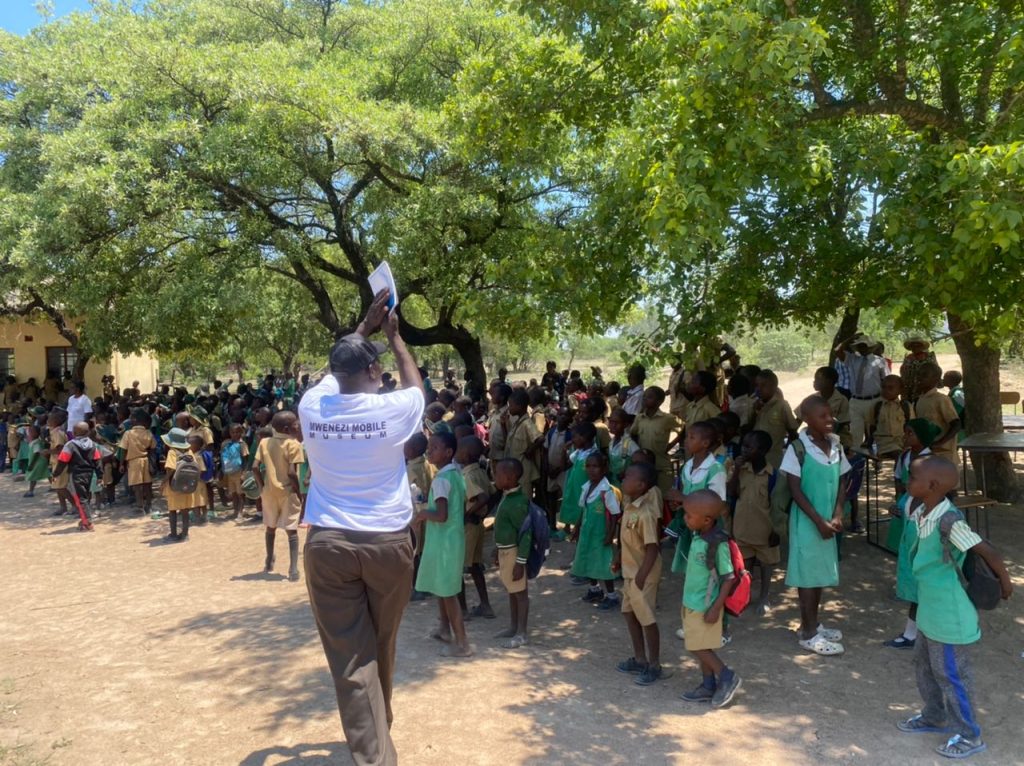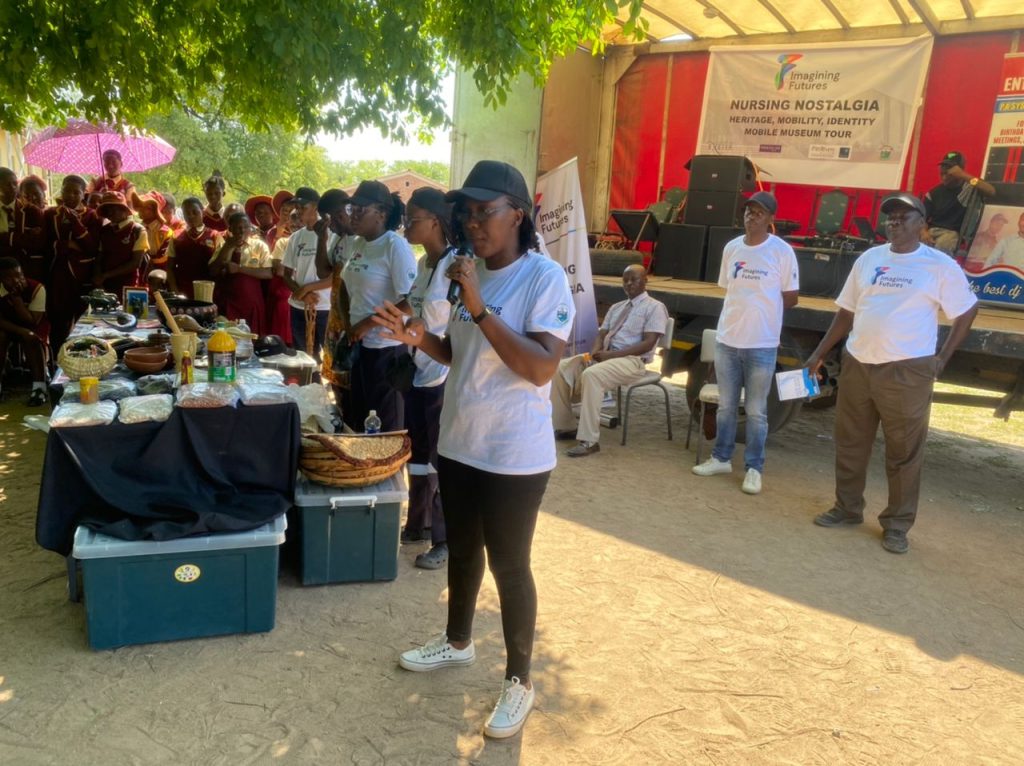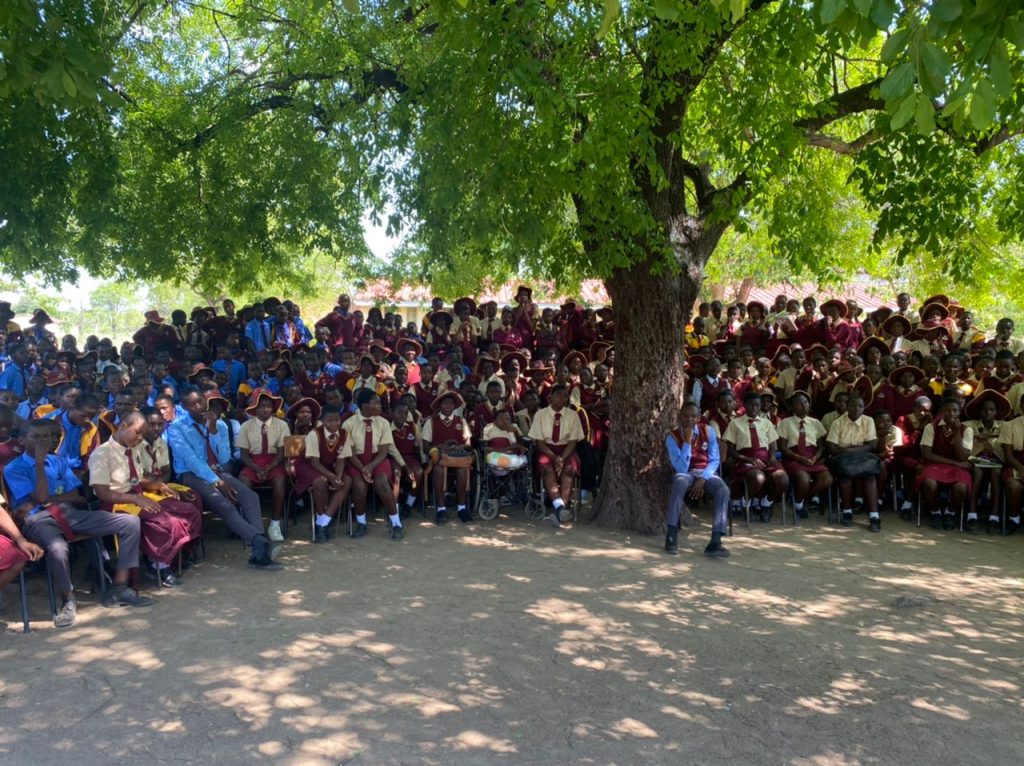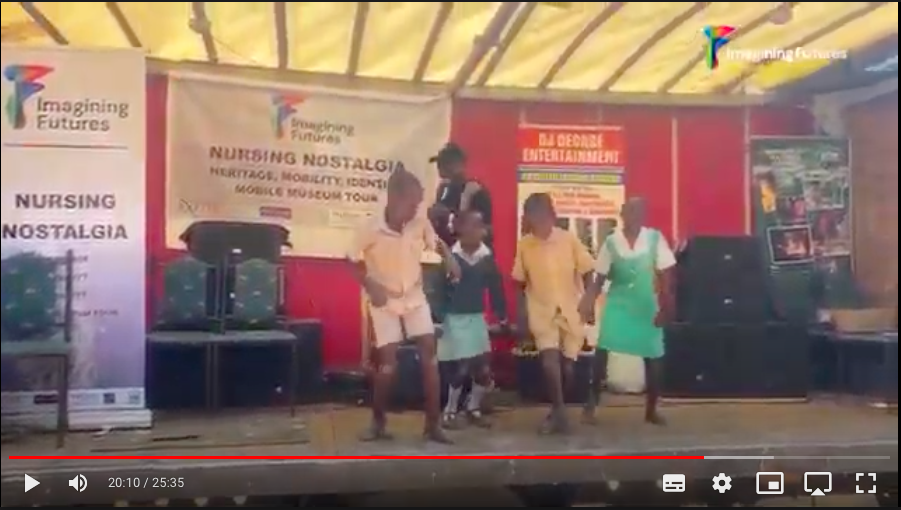
Location Zimbabwe and Britain
Synopsis and Position
This project seeks to engage people as living archives, centring histories and narratives of community that are not always present in the “official archive”. Archiving as active, dynamic and connected to questions of knowledge production as collaborative, shared and accessible. Additionally, this project explores the material items migrants bring, their function and meaning to them – the stories ‘objects’ hold. Furthermore, adding to a vocabulary that refuses the colonial hierarchies and ordering of knowledge, the project seeks to engage artists in Zimbabwe as collaborators, including their interactions with diaspora in the creation of archival representations; recognising their ability to ‘archive’ through capture – the affective dimensions of ‘return’ using different forms of creative expression.
Objectives and Methods
To explore alternative ways of archival practice
To understand the circulation of materialities, the knowledge that they produce and meanings associated
To establish how artwork and craft is shaped by diasporic movements and requirements
Qualitative approach, we intend to carry out interviews with Zimbabwean healthcare workers in Britain as well as Zimbabwean artists engaged in the construction of materials that represent ‘return’. Collating the narratives and practices that locate the “things” in everyday cultural practice, revealing the life of “objects” outside the archive as a static space of storage and documentation, thus “enlivening” objects. Through open ended inquiry and conversation, we will elicit from our collaborators the material and nonmaterial aspects of their experiences of mobility. Collaboratively excavating and connecting these different moments and experiences as part of histories of mobility and inhabiting the elsewhere, that do not always seem coherent, but are sutured by the kinds of postcolonial ruptures and crises that produce them – the shared experiences of making life “mhiri kwemakungwa”, “kudiaspora” (abroad).
A major Output from this project is the Unarchived Living Cultures website (below). Click HERE to visit the website.
Activities
Roselyne and the team undertook some incredible interviews with project participants focusing on objects. The interviews brought to the fore ideas around home and how returning home can be achieved through ways other than a physical, geographical journey. Home was understood as more than just a place but home as feeling, smell and taste. Even the act of speaking about home can be a way to return. Here the team have shared a selection of the objects discussed in the interviews, with brief narrative descriptions.
Food – Home as taste and smell. Lemon & Orange Cookies, Mopani worms & Cheeky Chilli, Maputi(Zimbabwean Popcorn)
Utensils – A way of returning through a preservation of home by using these utensils. Traditional wooden spoon and whisk – used to make the staple food – SADZA, small black pot – also typically used to prepare SADZA, wooden bowl with lid
Mopane seeds – larger light brown ones and Masau seeds- smaller darker ones. Mopane trees – always in the region where this participant spent their childhood, where the mopane worms are harvested from. Masau (sour plum) was not in always in the area however on one of the return journeys for this participant these trees were now plentiful in the area – symbolising change during their absence and how ‘home’ was becoming somewhat a notion differing from the reality (changes in environment, evolution of culture, movement of familiar people, new people in the area, traces of the old and beginnings of the new)
Currency – symbolic of economic circumstances representative of migration push factors. Additionally operating within the household as a dialogue point between parents and children born in the UK but of Zimbabwean heritage
Sculpture – A dialogue point and way to express identity
Headpiece and wrist band jewellery – Traditional wedding ceremony marked by the material decorative pieces, participant asked to bring these items for a friend for whom he was the ‘munyai’ (go-between) for the two families joined through the marriage of the bride and groom
Books and literature (Home as collective memory) – Some seminal Zimbabwean texts indicative of collective memories of schooling, childhood stories, role of values and belief systems, iconic landscape features etc
Mobile Museum, October 2023
As part of Nursing Nostalgia, the Zimbabwean-based team was given the task of purchasing objects via ethnographic fieldwork in the Mwnezi District. Student researchers travelled to various locations, speaking with people about objects important to them and the culture. The ethnographic objects collected by the student researchers were assembled for exhibition through a week-long mobile museum tour as a way of creating awareness of the project and its findings. The mobile museum tour covered schools around Mwenezi District from the 19th to the 25th of November 2023. The collections acquired helped to tell the story of home, nostalgia, mobility, (dis)location, memory, identity, heritage and culture. The mobile museum was a platform for young people to appreciate different material cultures and practices that are considered valuable by Zimbabweans in the diaspora. The mobile museum showcased unique decorative materials, food and culinary traditions, literary works, craft works and traditional religious paraphernalia that were collected during the ethnographic research in Zimbabwe. We also took this as an opportunity to raise awareness about career opportunities within the museum sector and wider heritage sector. Compared to other professions heritage management, museology and museography are generally not well known in Zimbabwe. It was our hope, that the mobile museum would stimulate the interest of learners in these disciplines and help the nation to secure future custodians of its heritage. Mwenezi was also considered a melting pot of people from diverse ethnic and linguistic backgrounds. It was our intention to learn more about material culture and practices that are unique to Mwenezi District.
A docuseries was produced showcasing the Mobile Museum, which you can watch below:
| Name of Team Member | Institutional Affiliation | Designation |
| Mr Isaiah Sinyolo | Ministry of Primary and Secondary Education | School Inspector, Mwenezi District, Masvingo Province, Zimbabwe |
| Mr Edson Kuseka | Ministry of Sports, Recreation, Arts and Culture – Zimbabwe | Arts and Culture Promotion and Development Program Officer – Mwenezi District, Masvingo Province Zimbabwe |
| Dr Thomas Thondhlana | Great Zimbabwe University – Zimbabwe | UNESCO Chair on African Heritage/ Lecturer in Archaeology, Museums and Heritage Studies |
| Dr Pauline Chiripanhura | Great Zimbabwe University – Zimbabwe | Archaeologist and Lecturer in Archaeology, Museums and Heritage Studies |
| Dr Genius Tevera | Great Zimbabwe University – Zimbabwe | Lecturer in Heritage and Museum Studies |
| Mr Champion Mugabe | Great Zimbabwe University – Zimbabwe | GZU Campus Radio, Media Practitioner |
| Ms Joyleen Erica Yule |
Great Zimbabwe University – Zimbabwe
|
Independent Heritage Practitioner |
| Mr Shelton Maradze | Great Zimbabwe University – Zimbabwe | Undergraduate Student – Research Assistant |
| Ms Cherish Muyangi |
Great Zimbabwe University – Zimbabwe
|
Undergraduate Student – Research Assistant |
| Ms Else Chaombezvo |
Great Zimbabwe University- Zimbabwe
|
Undergraduate Student – Research Assistant |
| Mr Hassan M Dongo |
Great Zimbabwe University – Zimbabwe
|
Undergraduate Student – Research Assistant |
| Ms Talent Tariro Rabson |
Great Zimbabwe University – Zimbabwe
|
Undergraduate Student – Research Assistant |
| Date | Name of Institution |
| 19/11/23 | Travelling & Briefing with Ministry officials |
| 20/11/23 | St. Vitalis Primary |
| 20/11/23 | Mwenezi High School |
| 21/11/23 | Avhunga Secondary School |
| 21/11/23 | Rutenga Primary School |
| 22/11/23 | Masogwe Primary School |
| 22/11/23 | Masogwe Baptist High School |
| 23/11/23 | Chitanga Primary School |
| 23/11/23 | Hlezana Secondary School |
| 24/11/23 | Lundi High School |
| 25/11/23 | Neshuro Growth Point |

